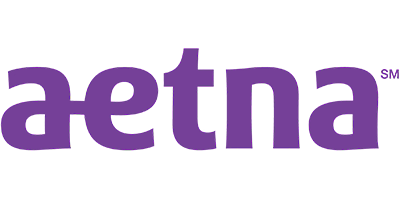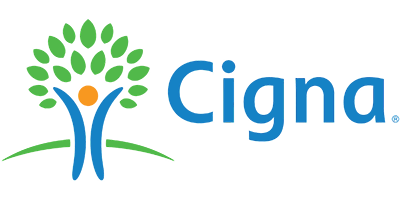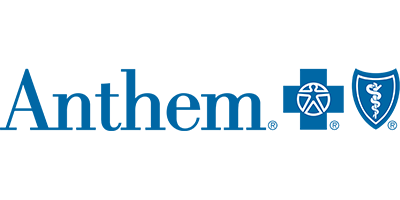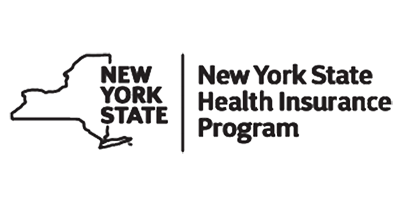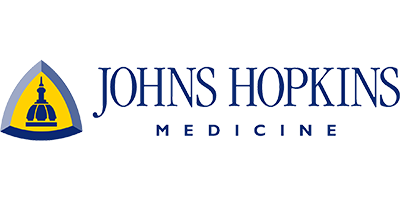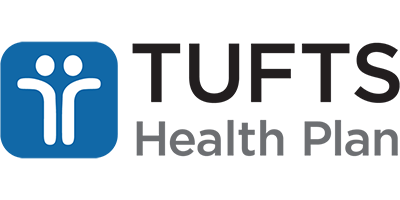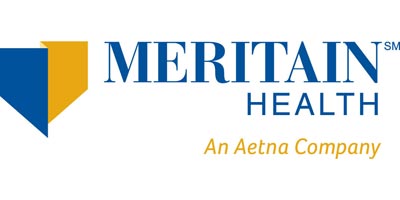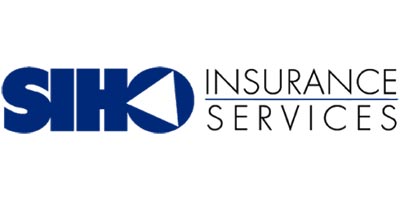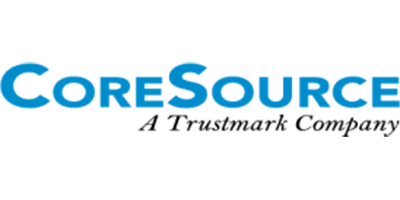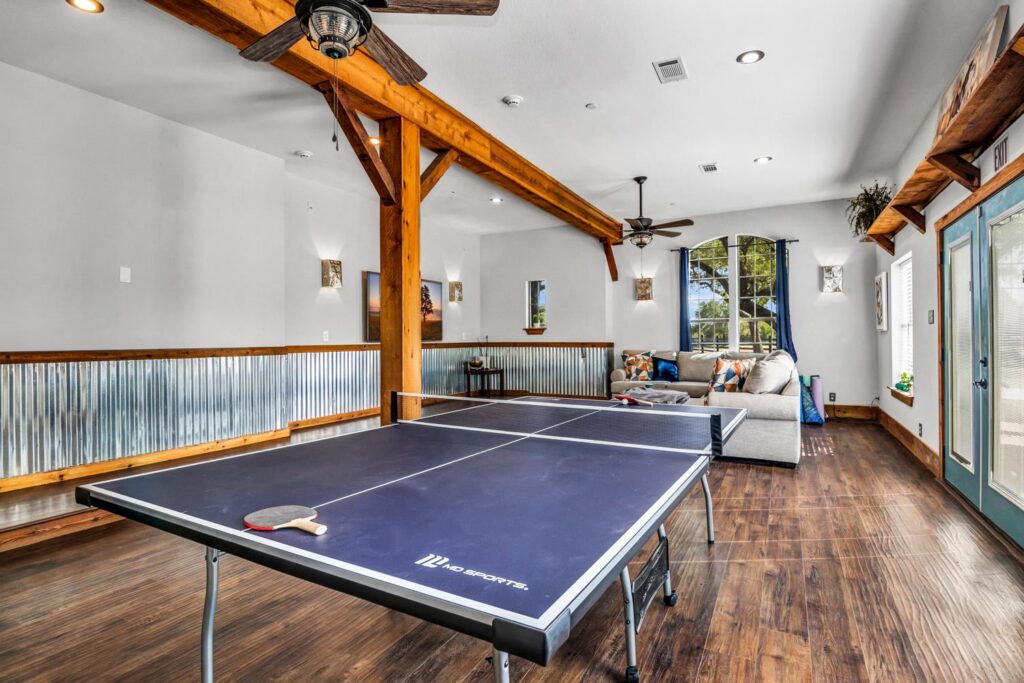
Ava Recovery is an expert-led Austin addiction treatment center. We offer equine-assisted services for Austin residents, as well as clients from around Texas and the country.
To learn more about our equine-assisted experiences and how our Austin drug rehab can help you or a loved one overcome substance use, contact our admissions team today.
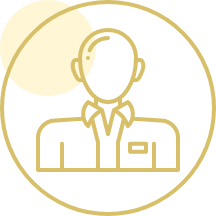
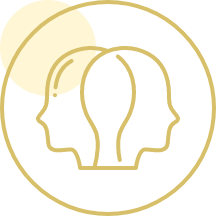
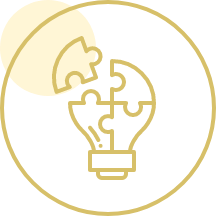
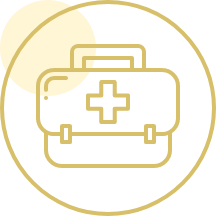
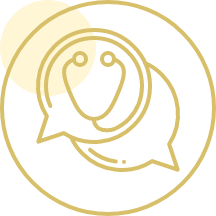
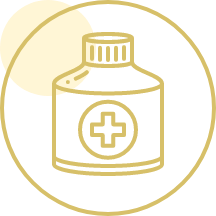



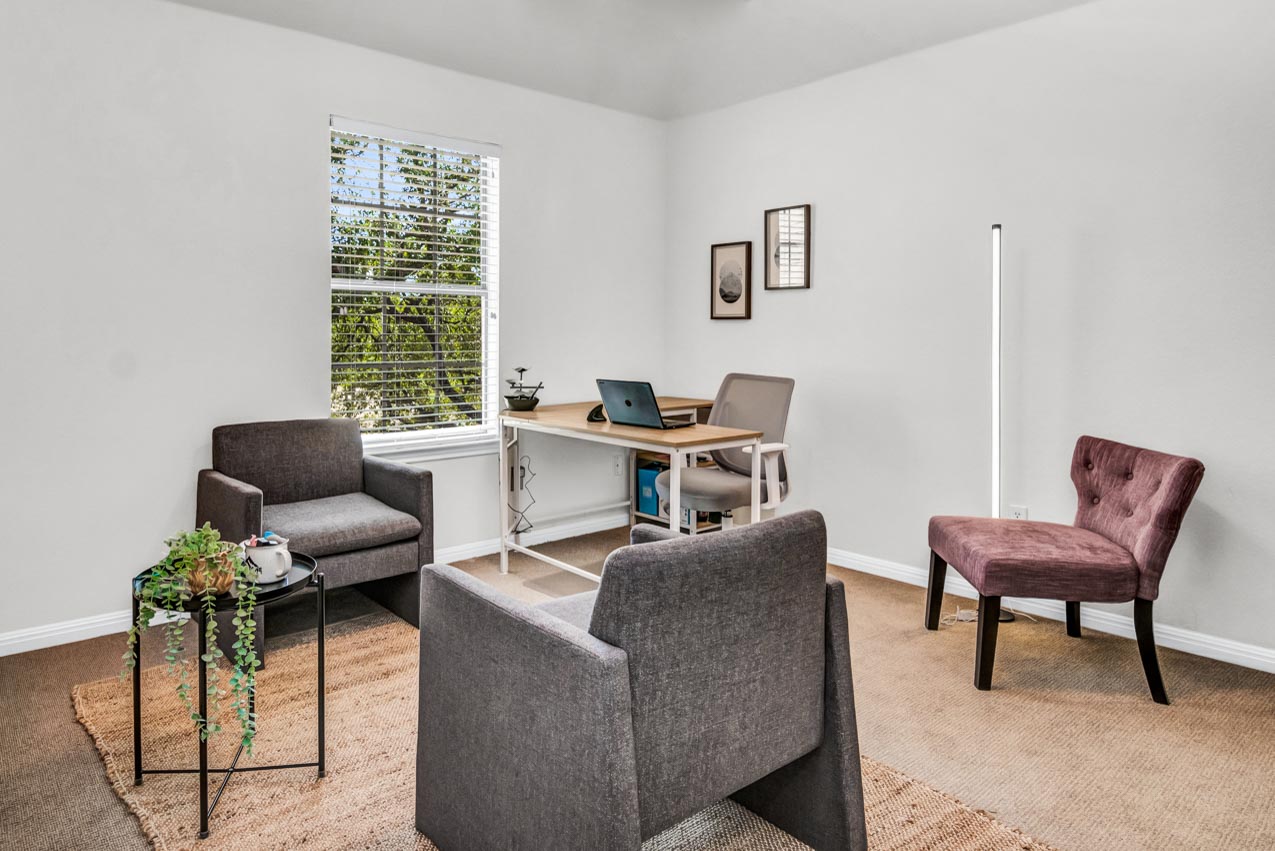









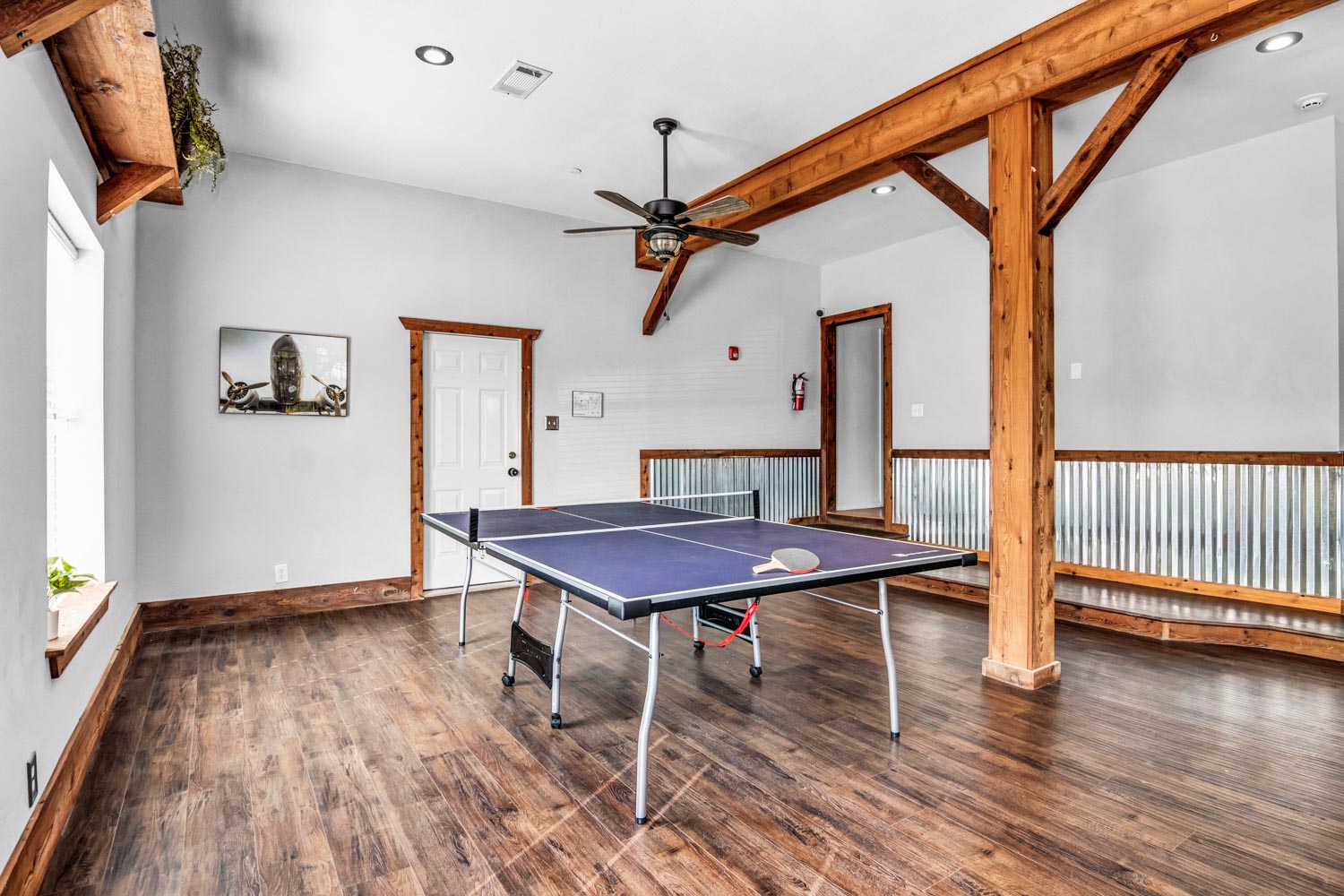
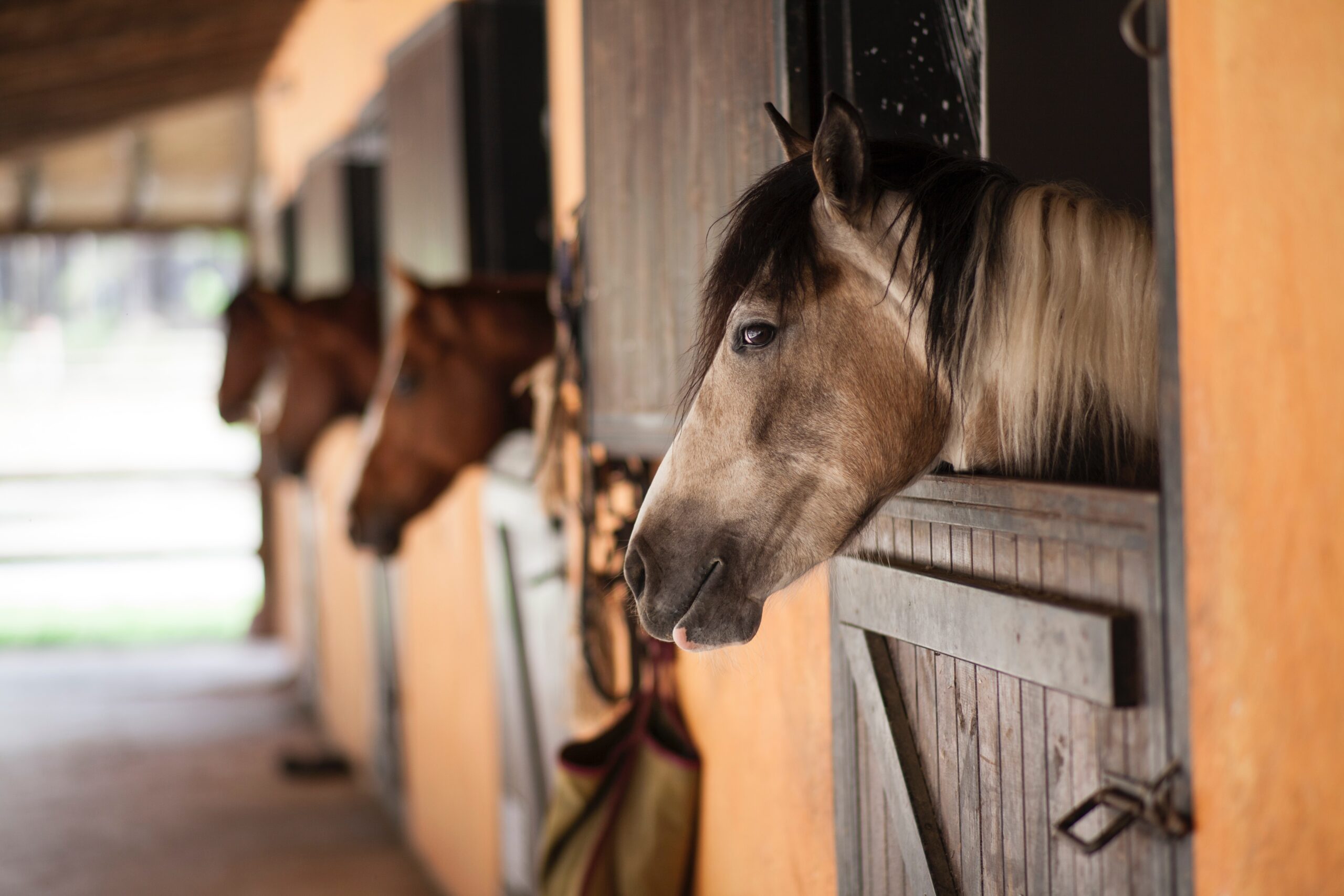
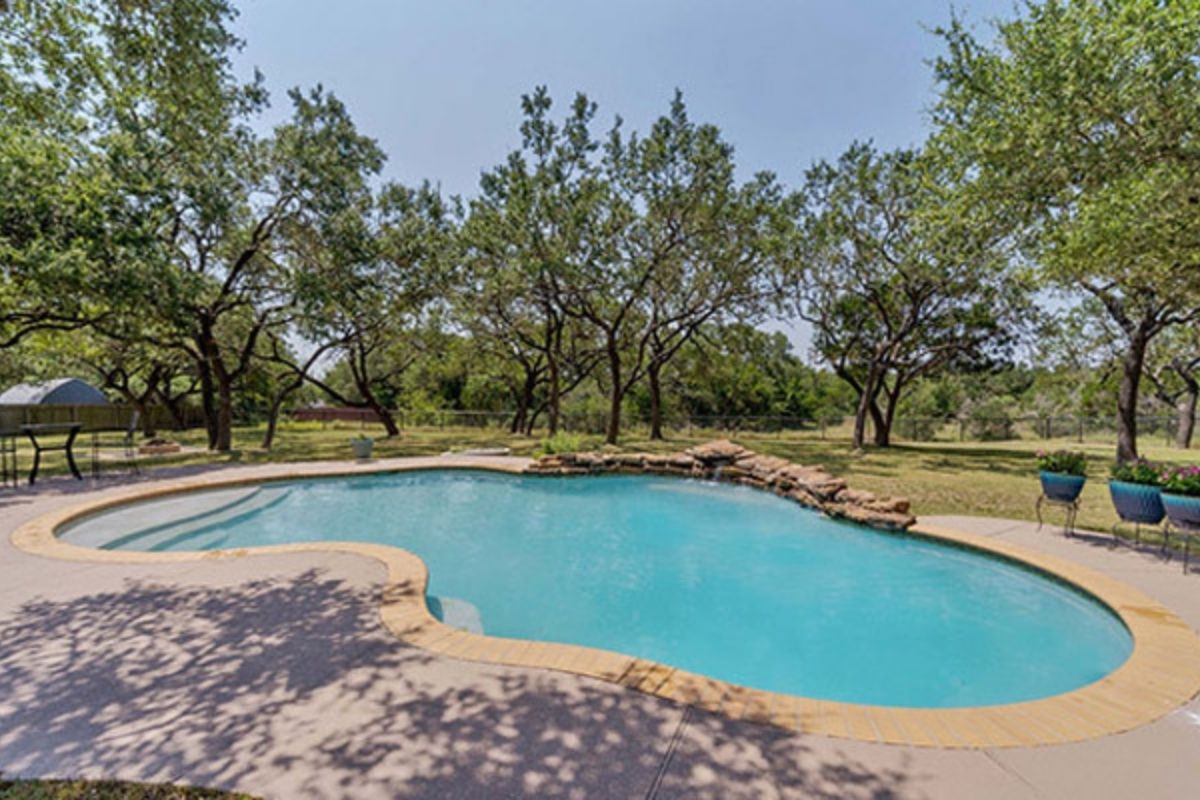
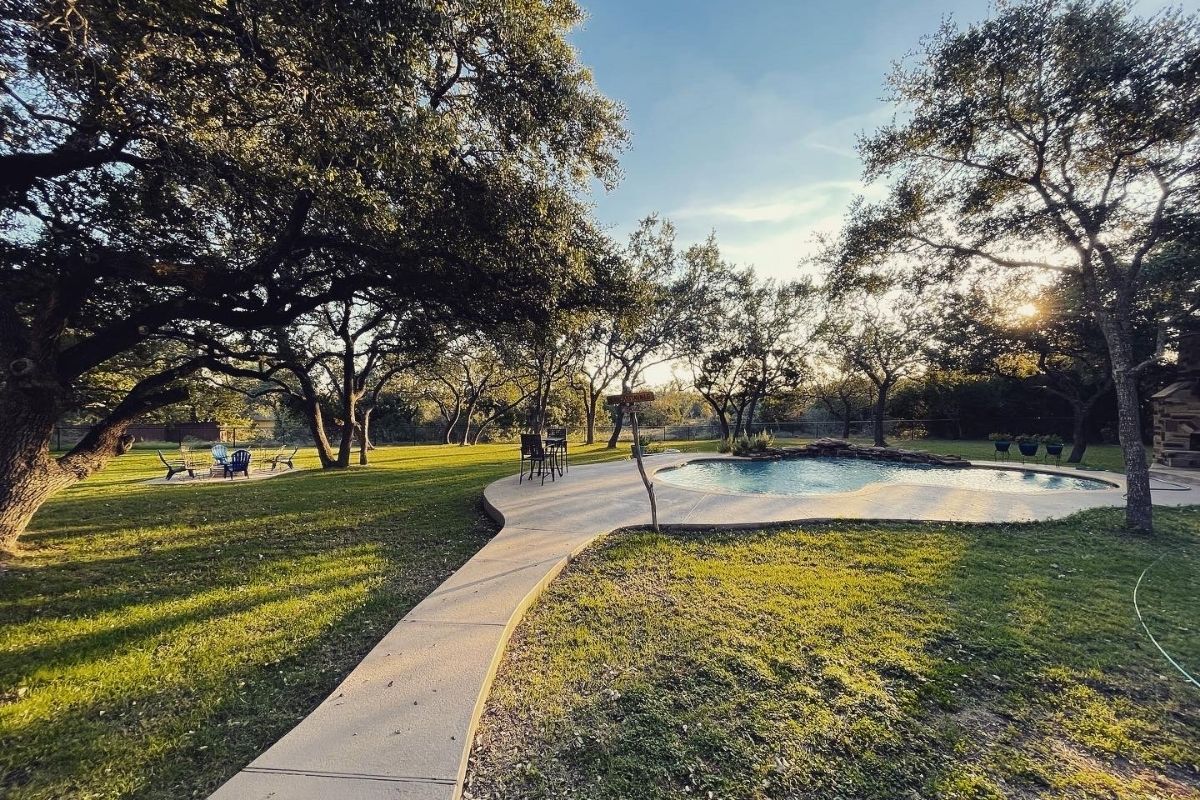

Animal therapy uses animals to help you cope with and recover from mental health conditions. Sometimes, animal therapy is used as part of a treatment plan for physical conditions as well.
Animal therapy might be a way to provide comfort and alert a person of danger, or the animal could perform specific actions that help the symptoms of conditions as needed. Animal therapy isn’t a replacement for other treatments but instead is considered a complementary therapy.
In animal therapy, there’s a concept called the human-animal bond. We, as humans, often have an innate desire to interact with animals and relate to them. That then creates a bond, which is calming.
Interacting and bonding with animals can help fill your time with healthy activities, encourage physical activity, reduce loneliness, increase your social interactions, and improve your mood and sense of well-being.
In terms of mental health, animal therapy can help:
A number of studies using therapy dogs and horses have found benefits for depression, anxiety, attention-deficit hyperactivity disorder (ADHD), drug use disorders, and post-traumatic stress disorder (PTSD).
Ava Recovery provides equine-assisted psychotherapy for Austin residents and for people who travel from elsewhere in the state and country and come to our center to recover from addiction and receive mental health care.
Learn more about our expert, medical drug & alcohol detox in Austin, Texas at Ava Recovery.

Equine therapy or equine-assisted services during rehab means that you work with horses, and it’s much more in-depth than just riding. Horses are beneficial in animal therapy because they are intelligent, and in order to build a relationship with them, there has to be a sense of trust. As you participate in treatment with us, you might be responsible for not only spending time with horses but also caring for them. That care is part of how a trusting relationship is built between you and a horse.
You are also then developing a sense of personal responsibility for the care of your horse, and that’s also valuable in mental health and addiction treatment.
As someone works with a horse building trust, it’s actually also helping them learn skills needed to interact with others in their day-to-day lives.
Some of the skills that can be learned through an equine-assisted therapy program include:
Equine-assisted therapy is known as an experiential approach to treating addiction and co-occurring mental health disorders.
If you’d like to learn more about equine-assisted psychotherapy for Austin residents and people from anywhere in the country, please contact our team at Ava Recovery.
At Ava Recovery, our commitment to holistic and innovative approaches to addiction treatment includes the incorporation of equine-assisted services based on The Natural Lifemanship model. The philosophy at Natural Lifemanship emphasizes the essential role of equine partners in personal and professional development, viewing them not merely as animals to be controlled but as sentient beings deserving of respect, trust, and genuine relationships.
In our program, the relationship with horses and other equine partners is a fundamental and unique aspect of our therapeutic approach. Unlike traditional horsemanship models that often establish a hierarchical dynamic, we believe in fostering partnerships where both human and equine partners choose to act in the best interest of the other out of mutual respect and understanding. This perspective values collaboration over dominance and emphasizes doing the right thing for the sake of the relationship, not out of fear, submission, compliance, or appeasement.
The foundation of our principles is rooted in recognizing the evolving landscape of horsemanship, and acknowledging the progress made in adopting gentler and more humane training techniques. However, we challenge the underlying assumption that horses need to be led or dominated by humans. Instead, we embrace the belief that horses are capable of independent thinking when engaged in ways that promote the development of the neocortex, the part of the brain responsible for higher-level cognitive functions.
At Ava Recovery, our equine-assisted services provide a unique and transformative experience for individuals in residential drug rehab. Through the principles of The Natural Lifemanship model, we strive to create an environment where genuine, respectful relationships with equine partners contribute to the healing and personal growth of our participants. The power of connected relationships extends beyond human connections, encompassing the profound connections formed with our equine partners as integral components of the recovery journey.
Located just outside metro Austin, in Buda, Texas, we offer you a luxury environment that encourages healing and rejuvenation. Our secluded property provides you with a safe and comfortable, world-class setting where you can focus on your recovery.
We offer free consultations to anyone who reaches out for help. Did you know most major insurance carriers will cover the costs associated with treatment? Contact our trusted treatment team today to discuss your personal options for treatment.
Ava Recovery is proud to offer a variety of treatment options to provide you with a treatment plan that fits your needs. From detox to residential inpatient to aftercare and beyond, we’re with you each step of the way. Learn more about how we can help right now.

Specific benefits of equine-assisted drug rehab programs include:

If you’re looking for equine-assisted services and psychotherapy for Austin residents or people from anywhere in the country, please contact our team at Ava Recovery. This specialized approach to treating dual diagnosis in Austin can be an integral part of treatment for many people, and we’re happy to answer questions you might have or help you take the next step.

